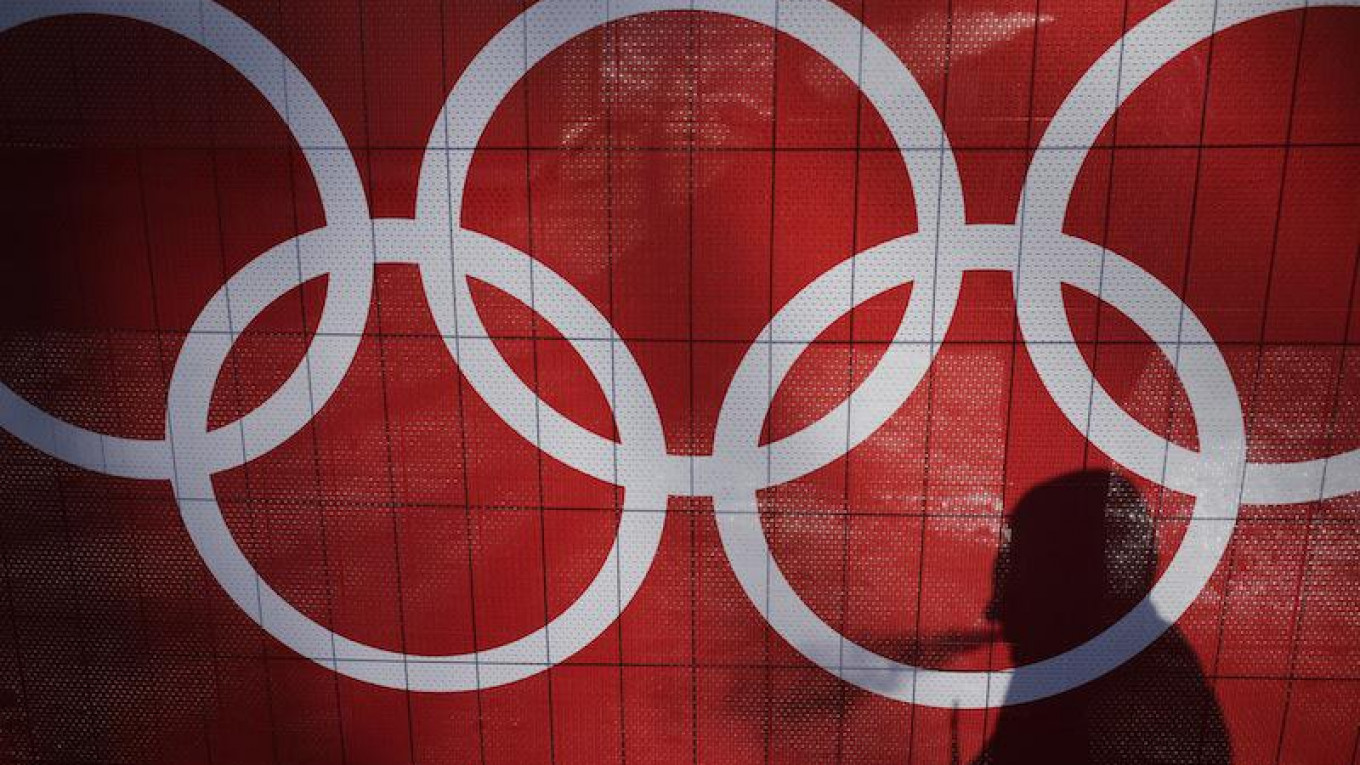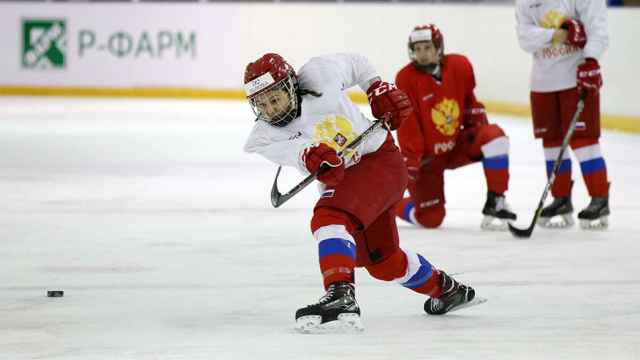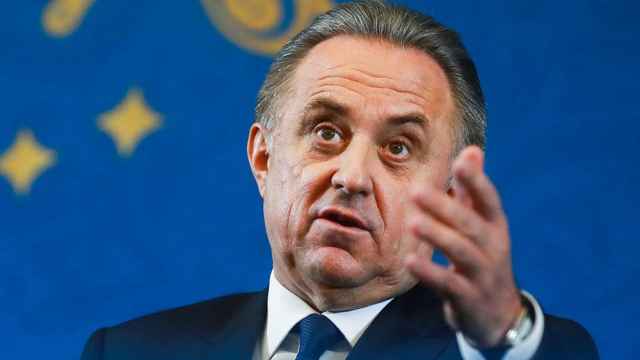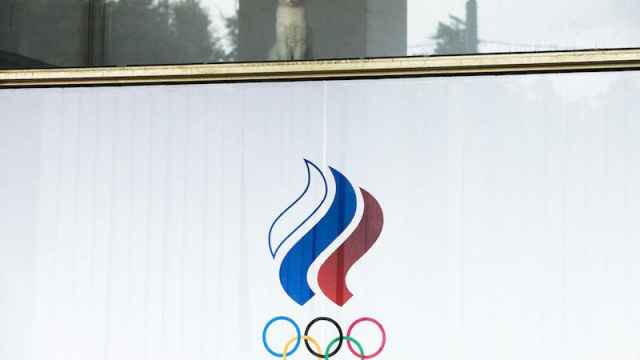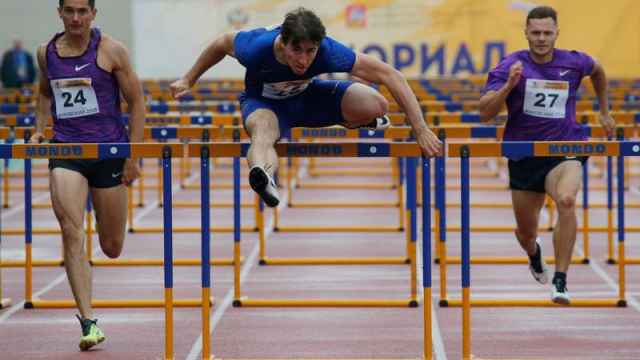The International Olympic Committee (IOC) has postponed its decision on whether Russia should be allowed to take part in next month's Olympic Games in Brazil's Rio de Janeiro. The committee convened after the World Anti-Doping Agency (WADA) published a report on widespread state-sponsored doping in the Russian team during the 2014 Sochi Winter Olympics.
In a statement released on Tuesday evening, the IOC banned Russian officials whose names appeared in the report from traveling to the Rio Olympics. The IOC is exploring "legal options" for banning the entire Russian team from taking part in the Games, but cannot make such a decision until the Court of Arbitration of Sport, where Russian track and field athletes have contested their expulsion from the Olympics, announced its own ruling, the statement said.
Here's a video of Orla Chennaoui, a Sky News reporter, explaining why this "does not mean that it [the ban] may not still come."
While Russia and the world awaited the IOC decision, the BBC's Moscow correspondent Steve Rosenberg reminded followers that the 1980 Moscow Olympic Games began exactly 26 years ago today.
Athletes worldwide have been shocked by the findings of the report and many called for the IOC to follow WADA's recommendations to ban the entire Russian team from the Rio Olympics.
Here is what British long-distance runner and Olympic medalist Paula Radcliffe had to say:
Brian Moore, the former English rugby hooker turned BBC Sports pundit, also had some strong words.
In its statement, the IOC said it won't organize or back any sports events or meetings in Russia. This is a serious potential problem, as Russia is set to host the 2018 FIFA World Cup.
Earlier today, FIFA promised to take "appropriate steps" over the extensive doping cover up. Following the report, WADA called on FIFA to investigate Russia's Sport Minister, Vitaly Mutko, who is also president of the Russian Football Union. WADA found that positive drug tests for 11 Russian football players had been covered up.
It has been a bad summer for Russian football. The performance of its football team in last month's UEFA Euro championships was poor — it even resulted in thousands of Russians signing a petition to fire the entire team.
Here's Rob Harris, an AP FIFA reporter, on how the doping scandal will increase the pressure on Russian football.
None of these scandals seem to have placed Mutko's ministerial position in danger, despite WADA's accusations of his leading role in the doping of Russian athletes.
The Kremlin's spokesman Dmitry Peskov told journalists that Mutko would remain in his post and that "he did not appear as the direct executor of the actions that are suspected."
His statement contradicts the WADA report, which found that the Russian Sports Ministry — working with the Federal Security Service (FSB) — was directly involved in the doping of Russian athletes.
Here's Steve Rosenberg on Mutko:
Instead, the Kremlin responded by "temporarily suspending" the members of Mutko's team whose names appeared in the report — insisting the minister himself had nothing to do with the doping.
Last week, Putin blamed the West for the whole debacle: "If someone tries to politicize something in this area [sport], I think it's a big mistake."
Russia's Foreign Minister Sergei Lavrov toed the same line. In a telephone conversation with U.S. Secretary of State John Kerry, Lavrov said that it was "necessary to prevent the politicization of sport."
The Russian media, meanwhile, was furious about the whole thing.
"The WADA commission was preparing the report under the supervision of a Canadian boss who described itself as 'independent'," Nikolai Dolgopolov wrote in an op-ed for state-owned Rossiyskaya Gazeta. "This is highly unlikely."
A Message from The Moscow Times:
Dear readers,
We are facing unprecedented challenges. Russia's Prosecutor General's Office has designated The Moscow Times as an "undesirable" organization, criminalizing our work and putting our staff at risk of prosecution. This follows our earlier unjust labeling as a "foreign agent."
These actions are direct attempts to silence independent journalism in Russia. The authorities claim our work "discredits the decisions of the Russian leadership." We see things differently: we strive to provide accurate, unbiased reporting on Russia.
We, the journalists of The Moscow Times, refuse to be silenced. But to continue our work, we need your help.
Your support, no matter how small, makes a world of difference. If you can, please support us monthly starting from just $2. It's quick to set up, and every contribution makes a significant impact.
By supporting The Moscow Times, you're defending open, independent journalism in the face of repression. Thank you for standing with us.
Remind me later.


